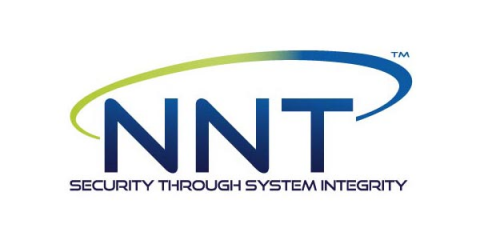Slack phishing attacks using webhooks
Slack is a cloud-based messaging platform that is commonly used in workplace communications. It is feature-rich, offering additional functionality such as video calling and screen sharing in addition to a marketplace containing thousands of third-party applications and add-ons. Slack Incoming Webhooks allow you to post messages from your applications to Slack.







